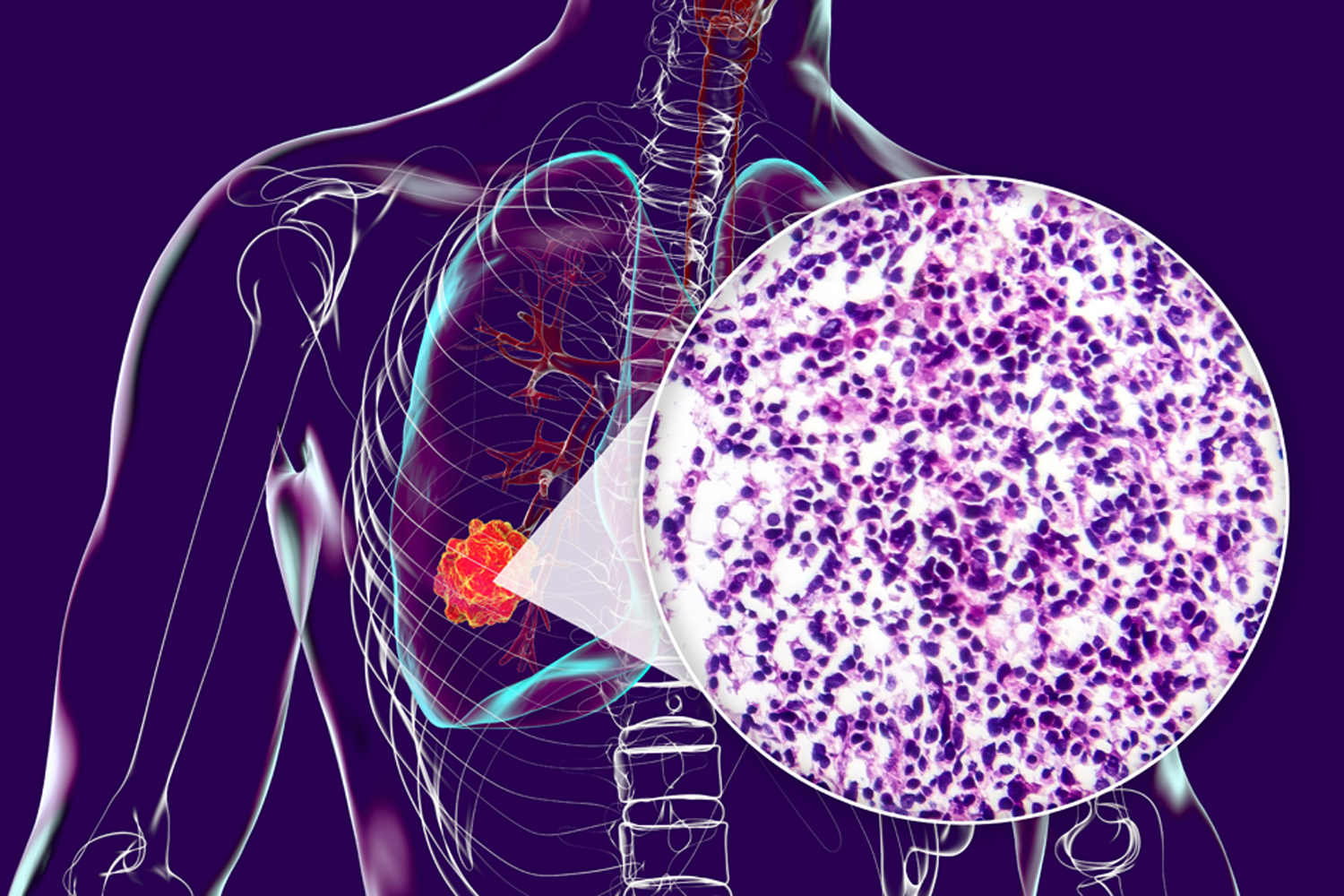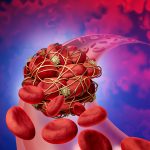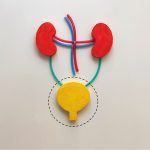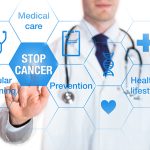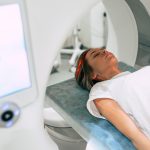-
Taking a Shot Against Cancer Recurrences
Early findings on therapeutic vaccines suggest they can delay or stop cancer from returning after tumors are surgically removed.
by Kendall K. Morgan
-
Forward Look
Preventing Blood ClotsMedical oncologist Michael B. Streiff discusses new guidelines to reduce the risk of life-threatening blood clots.
by Ashley P. Taylor
-
Forward Look
The Late Effects of Childhood CancerAlmost all childhood cancer survivors will develop significant health problems related to their treatment by age 45.
by Suzanne McBride
-
Forward Look
Non-surgical Options in Bladder CancerSome people with muscle-invasive cancer can forgo bladder removal surgery.
by Darcy Lewis
-
From the Editor-in-Chief
Early-onset Colorectal Cancer on the RiseResearchers search for reasons for the growing number of cases in people under 50.
by William G. Nelson, MD, PhD
-
CAR T-cell Therapy: Understanding the Warning and the Risks
The FDA requires a warning with CAR T-cell therapies about an increased risk of cancer from the treatment. Should you be concerned?
by Sandra Gordon
-
The More You Know About Cancer Prevention
Studies found awareness gaps about cancer prevention strategies such as screening and vaccination may reduce benefits from these tactics.
by Cancer Research Catalyst
-
Emerging Treatments for Brain Metastases in Breast Cancer
SABCS panel describes advances and pivotal questions in managing patients whose breast cancer has metastasized to their brain.
by Marci A. Landsmann
-
From the Editor-in-Chief
Cancer Treatment: Can Less Be More?Molecular profiling that has led to spectacular advances in cancer treatment may also improve cancer survivorship.
by William G. Nelson, MD, PhD
-
Forward Look
A Closer Look at Stress and Cancer OutcomesSurgical oncologist Samilia Obeng-Gyasi describes research that shows chronic stress is associated with higher mortality in cancer.
by Ashley P. Taylor
Cancer Talk
Treatment Combination Improves Survival in EGFR-positive Lung Cancer
Adding chemotherapy to targeted therapy improves outcomes for people with advanced EGFR-positive non-small cell lung cancer.
by Sandra Gordon
Lessons From 20 Years Living With CancerMultiple myeloma survivor Jonathan Gluck reflects on uncertainty, and the scientific progress that has kept him living with cancer for more than two decades.
by Eric Fitzsimmons
The Enduring Importance of Cancer Disparities ResearchOpening session from AACR conference highlights how perseverance and adversity have informed cancer disparities research over the years.
by Eric Fitzsimmons
Most Cancer Survivors Don’t Meet Healthy Diet GoalsDespite research linking fruits and vegetables to cancer survival, many people do not change their eating habits after diagnosis.
by Darlene Dobkowski

